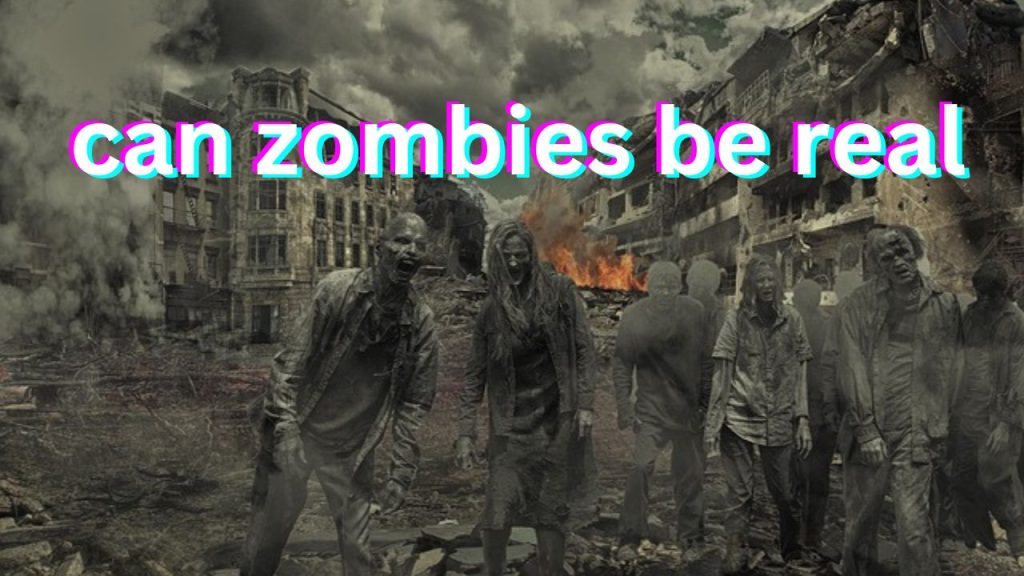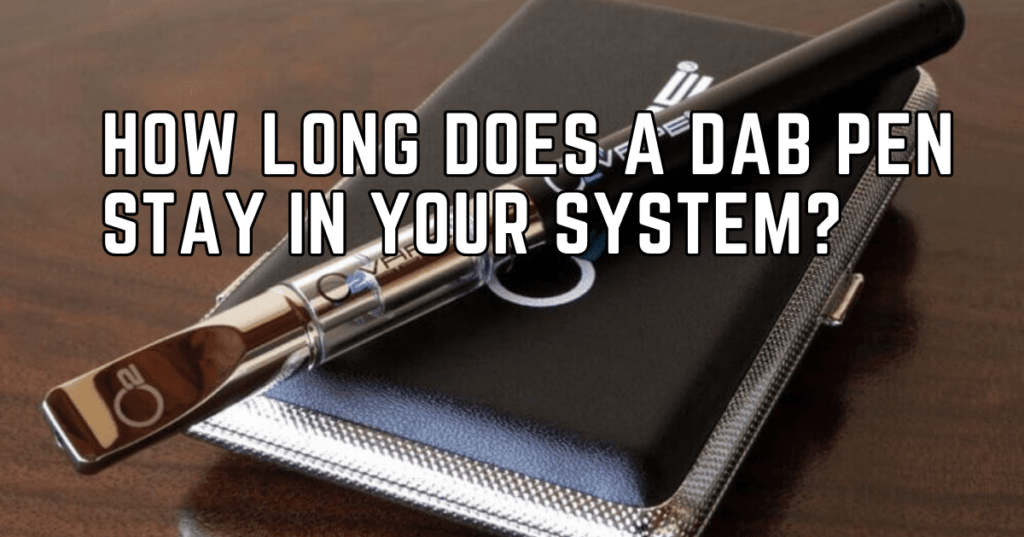Can zombies be real? Uncover the science, history, and surprising facts about zombie myths in this detailed exploration of their possible existence.
Can Zombies Be Real?
The idea of zombies has captured the imagination of people worldwide for centuries. From ancient folklore to modern-day movies, the concept of the dead coming back to life or being controlled by external forces continues to intrigue us. But can zombies actually be real? Are they just fictional monsters or is there a scientific or historical basis behind these walking corpses?
The popular depiction of zombies is as reanimated corpses or people controlled by some sort of external force. Often, they lack free will, display a hunger for human flesh, and cannot use reason. Most popularly, zombies appear in movies, television programs, and video games such as *The Walking Dead* or *Resident Evil*.
However, the concept of zombies predates modern entertainment. The idea has roots in ancient cultures and folklore, especially in Haiti, where the word “zombie” originated.
The Origins of Zombie Myths
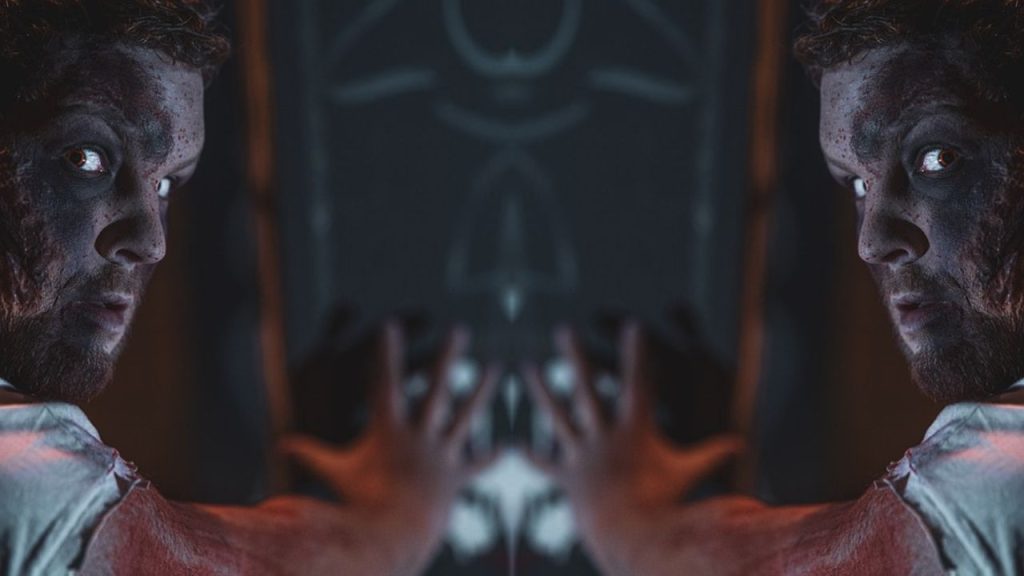
1. Haitian Voodoo and Zombies
Haitian lore features an almost prominent role in the evolution of the modern zombie myth. It is in Haitian Vodou, or Voodoo, that a zombie would be a reanimated being due to magic powers belonging to a bokor. The zombies of folk lore do not resemble movie versions as monstrous flesh eaters; they are said to be totally under the power of the bokor with no free will.
The process of “zombification” is thought to involve powders and rituals. One of the most famous powders allegedly contains **tetrodotoxin**, a powerful neurotoxin found in pufferfish. In small doses, tetrodotoxin can cause paralysis and symptoms that mimic death, leading some to believe a person has “risen from the dead.”
2. Medieval and Ancient Beliefs
Long before Haitian folklore, however, other cultures had their version of the undead. Some of these include Norse mythology describes “draugr,” reanimated corpses which guard their treasures. Medieval Europe feared “revenants,” corpses that could rise from the grave; rituals were performed to avoid this.
– Ancient **Egyptians** mummified their dead to preserve them for the afterlife, a practice that influenced modern depictions of the undead.
These early myths show humanity’s long-standing fear of death—and the unsettling idea of what might happen if death could be reversed.
Can Science Explain Zombies?
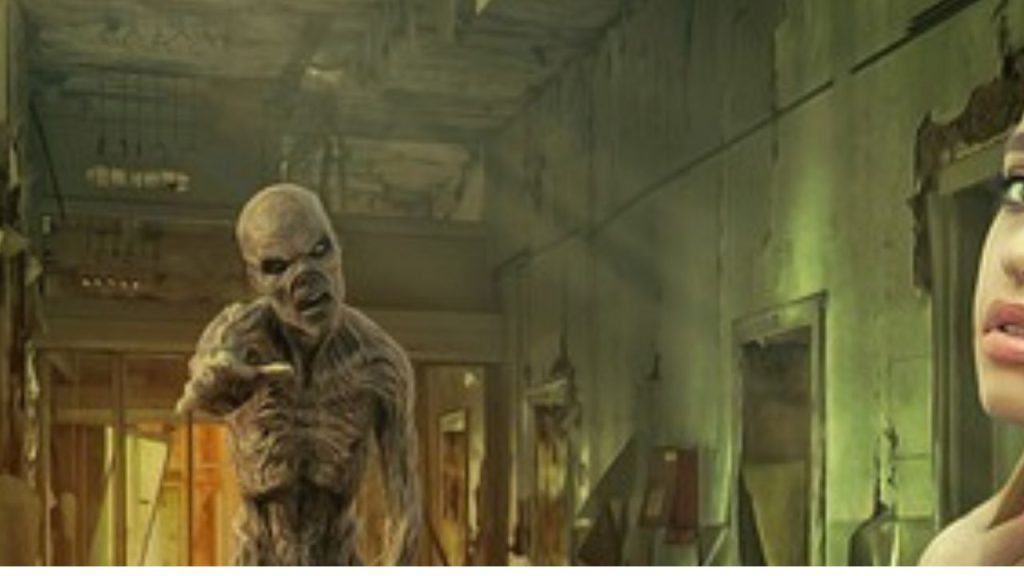
This might be an out-of-the-box idea, but some facts from this myth are true and resemble actual phenomena. Let’s try to understand the scientific facts that are behind zombification.
1. Zombie-Like Behavior in Nature
Nature gives us several examples of organisms that exhibit zombie-like behavior due to external control:
– Cordyceps Fungus and Insects
In the animal kingdom, there is a highly documented case of “zombification,” that is Cordyceps, a fungus that infects insects, such as ants, taking over the insect’s body and manipulating its actions. The infected insect climbs to a high place where it eventually dies, hence allowing the fungus to propagate and produce spores.
– Rabies Virus
Rabies is a viral disease that can produce aggression, confusion, and loss of fear in an infected animal. Though it cannot raise the dead, rabies shows how a virus can so completely change behavior that it can transform an ordinary host into a dangerous foe.
These examples provide evidence that zombie-like behavior in humans could potentially be caused by a pathogen or parasite.
2. Neurotoxins and Paralysis
As has been explained above, tetrodotoxin has also been used in zombification tales in Haiti. This is an extremely potent toxin that can trigger the following:
– Paralysis for some time
– Slowed heart rate
– Death-like trance
If this state is somehow reversed, it would provide the semblance of revival from death.
3. Control of the Brain and Psychoactive Agents
In some zombie tales, the infected person loses higher brain functions and becomes controlled by primal instincts. This is not entirely science fiction.
– Some drugs and neurotoxins can impair the functioning of the brain, causing confusion, aggression, or unawareness.
– Brain injuries to the frontal lobe, which governs decision-making and emotions, can also make people act like zombies.
4. Future Technology and Bioterrorism
Some researchers and writers speculate that progress in technology or bioweapons could create a scenario of zombies.
– Genetic engineering: Are scientists going to create accidentally-or intentionally-a virus causing zombie-like symptoms?
– Artificial intelligence: What if it became possible to bypass the human consciousness and people started to become mindless drones?
While these scenarios are just speculations, they represent how modern science may give birth to situations like the one in zombie lore.
The Role of Pop Culture
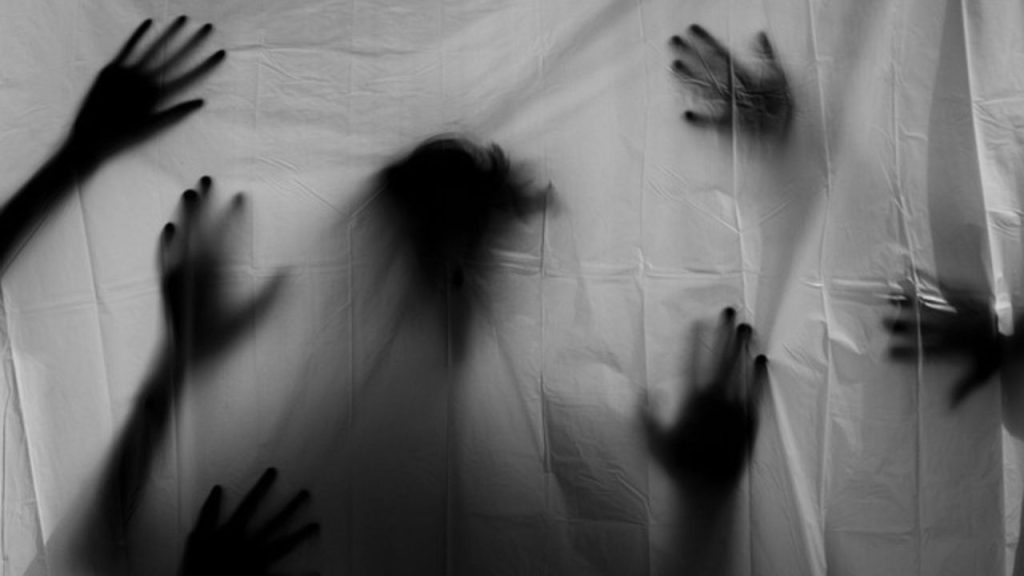
Zombies gained a significant place in modern entertainment in the 20th century with George A. Romero’s film *Night of the Living Dead* in 1968. Zombies have since then changed to represent societal fears in the form of pandemics, war, and the breakdown of civilization.
In recent years, shows like *The Walking Dead* and movies like *World War Z* have sparked renewed interest in zombies. These portrayals often focus on survival, human behavior during crises, and the fear of losing control.
Can Zombies Be Real in the Future?
While the traditional idea of corpses rising from graves seems unlikely, certain scenarios could make a “zombie-like” event plausible:
– Pandemics: The COVID-19 pandemic revealed how easily diseases can spread around the world. A new virus whose symptoms include aggressiveness or confusion could be similar to a zombie attack.
– Biological Warfare: Countries or terrorist groups could design diseases that affect the brain or induce “zombie-like” behavior.
– Mass Hysteria: Fear and misinformation during crises can lead to behaviors that resemble zombie panic, even without an actual disease.
Why Are Zombies So Fascinating?
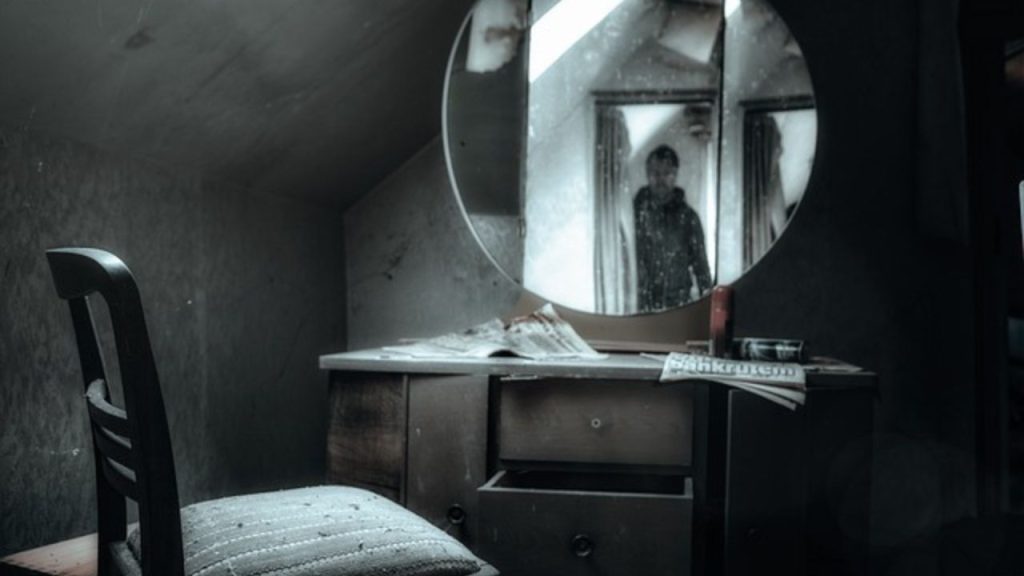
The concept of zombies has touched one of our greatest fears:
– Fear of death: Zombies blur the line between life and death, forcing us to confront our own mortality.
– Loss of control: To be turned into some mindless creature is the frighteningest of concepts.
– Societal collapse: Stories involving zombies always include civilization’s breaking down, which in and of itself seems like all-too-relevant commentary upon today’s climate of changing weather, pandemics, and political turmoil.
FAQs
1. What is the Origin of the Word “Zombie”?
The word “zombie” originates from Haitian folklore, and it describes a person who was revived and under the control of a bokor, which is a sorcerer.
2. Are there Real-life Examples of Natural Zombification?
Yes, in the case of insects, Cordyceps fungus can infect them and dominate their behavior. In some mammals, the rabies virus can cause altered behavior, too.
3. Can a virus create zombies?
A virus that causes aggression, confusion, or loss of higher brain functions could resemble zombie-like symptoms. However, reanimating dead bodies is not scientifically possible.
4. Could technology create zombies?
Hypothetically, genetic engineering or AI could result in scenarios similar to zombification, though those are highly speculative.
5. Why do people find zombies so interesting?
Zombies represent deep fears in the form of death, loss of control, and collapse of society, which is a very engaging subject for stories and entertainment. Read more interesting articles.
Conclusion:
While the traditional notion of zombies—reanimated corpses walking the earth—is still a figment of imagination, some aspects of zombie lore are based on reality. From toxins that mimic death to diseases that alter behavior, science offers plausible explanations for zombie-like phenomena.
However, a catastrophic zombie apocalypse of the Hollywood films is not going to happen anytime soon. But zombies continue to captivate us – our imaginations and fears propel this phenomenon forward.
Can zombies be real? Doubtful in the vein of the Hollywood depiction of zombies, but it doesn’t rule out zombie-like occurrences based on science or other natural factors.

